The Japanese console market is still celebrating its first year of sales growth in a long time. Hardware sales have been the best since 2013, and the software numbers have edged-out those of 2016. A major factor in this growth has been, of course, the arrival of Nintendo Switch to the market, which has reinvigorated an industry that seemed doomed to suffer a progressive decline, consumed by the expansion of mobile gaming.
The numbers of Nintendo Switch are unquestionably impressive. The hybrid console has managed to outsell the lifetime sales of its predecessor Wii U in less than twelve months: As of today, the Switch stands at 3.496.125 according to Media Create, while the Wii U has barely crossed the 3.300.000 mark.
And while it was fun to compare both systems to get reassurance that Nintendo’s new console was not going to follow the tragic destiny of its predecessor, entering 2018 it makes more sense to compare the numbers of the Switch to those of a platform with a healthier financial state and that is part of the actual competition – we are called Attack of the Fanboy after all – The Switch’s next challenge will be passing Sony’s PlayStation 4 lifetime sales in Japan at any point during 2018, and that is a vastly more fascinating race.
Japanese don’t seem particularly interested in the traditional PlayStation franchises
While the PS4 is an incredible success worldwide, Japan is pretty much the only territory that hasn’t fell in love with the platform since its arrival in 2013. Just right off the bat, the PS4 suffers the systematic disadvantage of being a home console in a country where consumers are much more attracted to handhelds that they can use on their daily commute. And on top of that, Japanese don’t seem particularly interested in the traditional PlayStation franchises nowadays, as new entries of Final Fantasy, Resident Evil, or Tekken have seen steep drops in sales from previous entries.
The Switch seems to exist on the complete opposite scenario, as its handheld capabilities make it very appealing to the Japanese public, while it has managed to reunite especially popular releases of its biggest brands like The Legend of Zelda, Mario Kart, Splatoon, and Super Mario, all in its first year.
And yet, it may not be so easy for the Switch to pass PS4’s lifetime sales in the next 12 months, if we consider factors like its continued stock issues, its weaker lineup of releases formally announced, and, of course, the fact that PS4 has just crossed the 6 million mark in total sales.
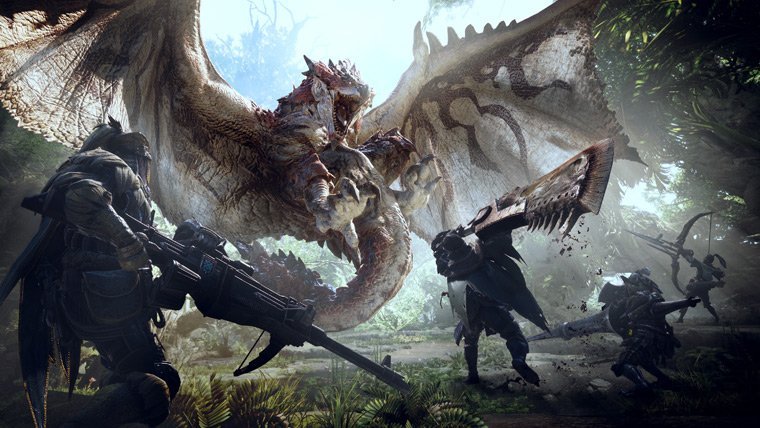
As of right now, total sales of Nintendo Switch stand at 3.496.125 according to Media Create, while PS4 has sold 6.027.894 consoles since launch. On average, Nintendo Switch sold about 75.287 units per week in 2017 (3.312.619 in 44 weeks), while PS4’s average was 34.456 (1.791.736 in 52 weeks). If each platform were to sell at the same rate in 2018, they would end the year with a difference on lifetime sales of just 156.596 in PS4’s favour. At this moment, Nintendo Switch needs pull each week a difference of more than 50.000 units in order to catch up to PS4’s lifetime sales before the year’s end.
The latest Media Create report is a good example of how the situation is not as clear as it may seem, as the Switch’s unavailability in stores and the release of Dissidia: Final Fantasy NT for PS4 has made Sony’s platform come on top of the charts, thus increasing the average units that Switch needs to get on a weekly basis in order to succeed at the challenge. And the situation will only get more interesting in the coming weeks, as PS4 will receive its biggest release of the year, Monster Hunter: World.
PS4 will receive its biggest release of the year, Monster Hunter: World
Capcom’s juggernaut is some kind of a wild card, as its power of attraction of the series in Japan is so big that it could easily affect hardware sales more than expected, given its wide appeal over different audiences and the unprecedented graphic and gameplay leap over previous entries, which makes it hard to forecast the response from the public. Beyond that point, the platform will also receive games expected to pull decent sales such as Dynasty Warriors 9 or Shadow of the Colossus.
In comparison, the Switch will have to make the most out of releases like Mario + Rabbids: Kingdom Battle, Skyrim, or the Bayonetta bundle, all Western productions that are not even brand new games. That said, one element that could alter the state of the race in an unpredictable way is Nintendo Labo, the company’s latest invention which aims to attract a younger audience to the Nintendo Switch ecosystem.
We won’t get into each platform’s releases in the long term as there will surely be many surprises to be announced through the year, which will affect this riveting race. We will definitely keep track of the situation every week in our review of the Japanese charts, and you are more than welcome to join us.


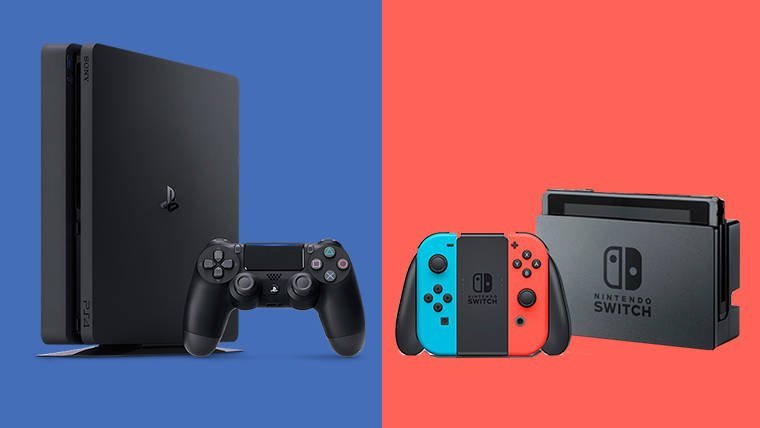
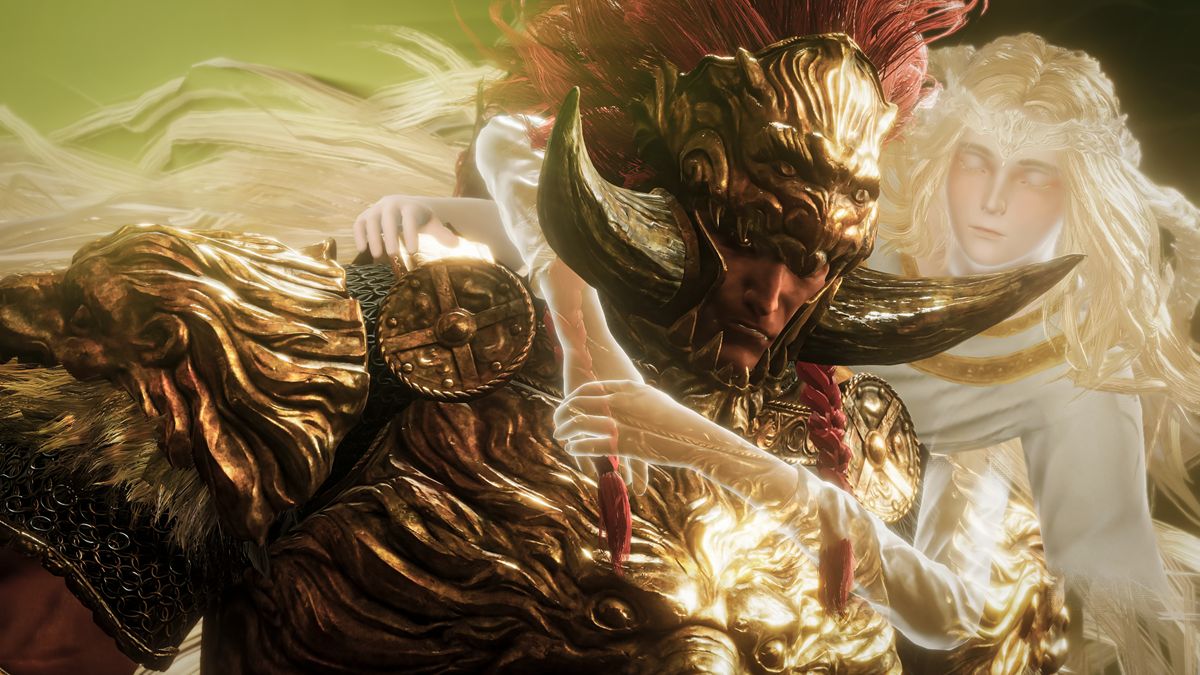
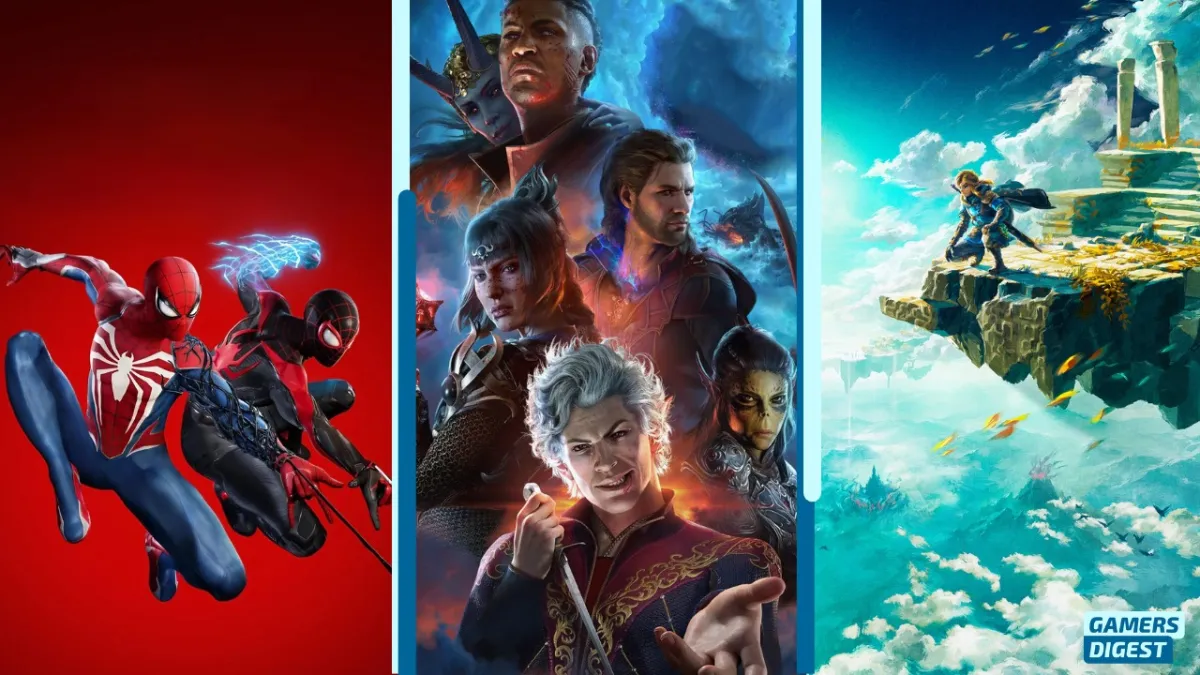
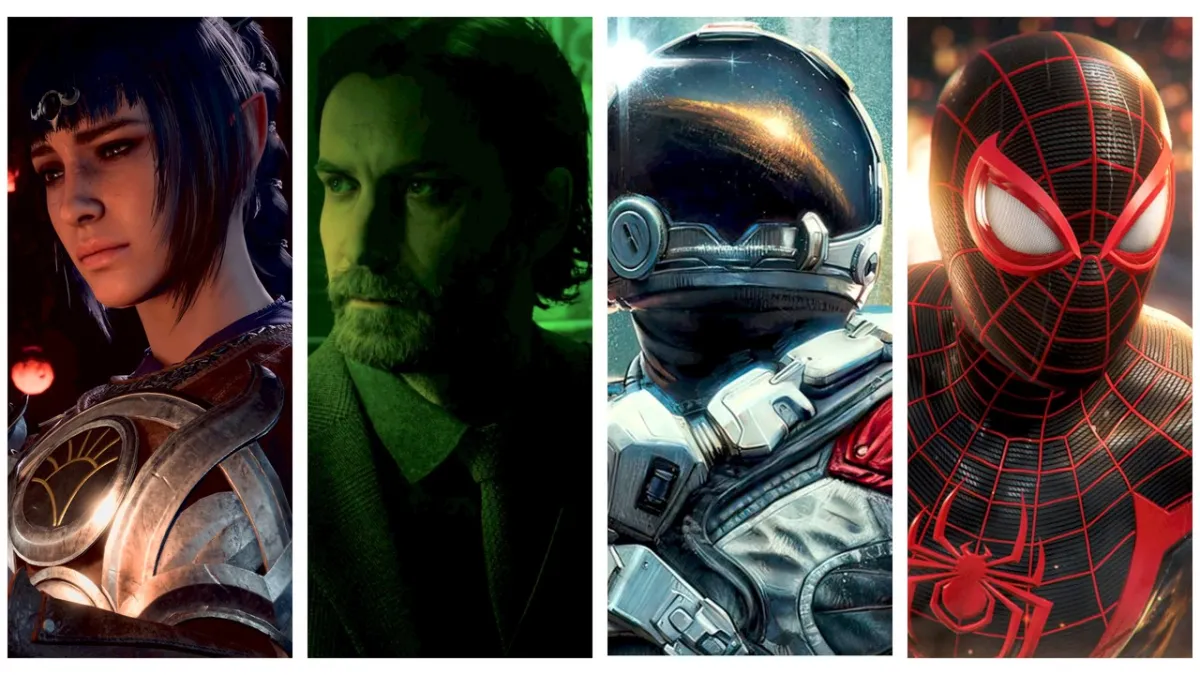
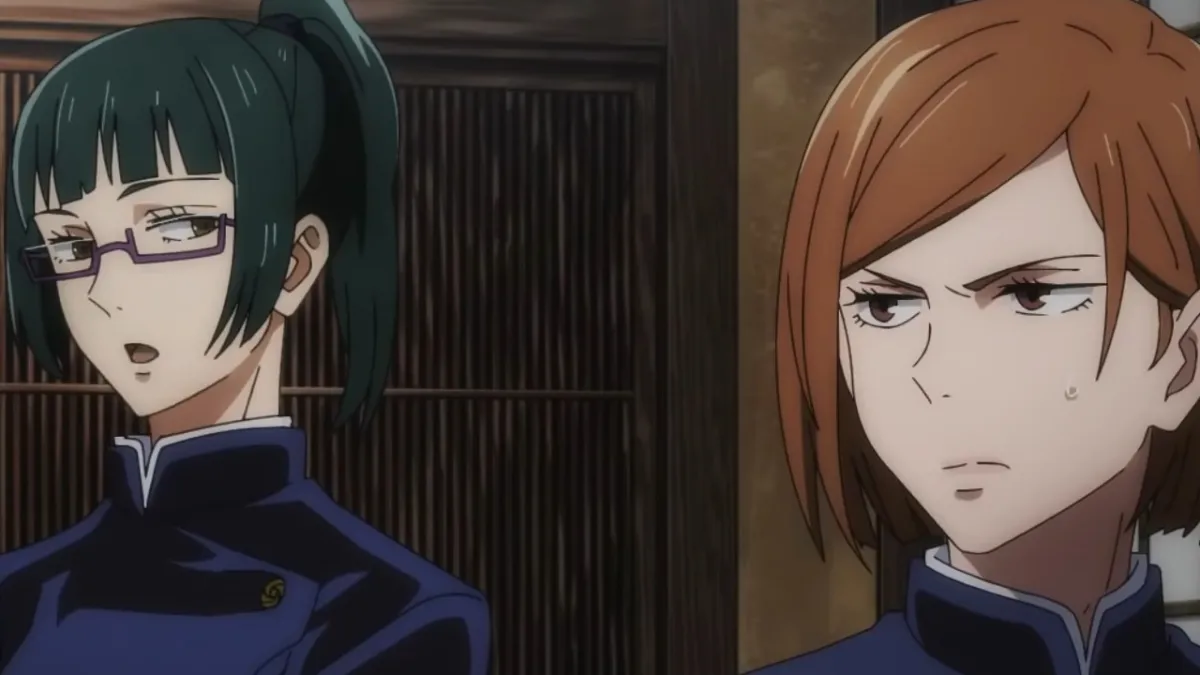
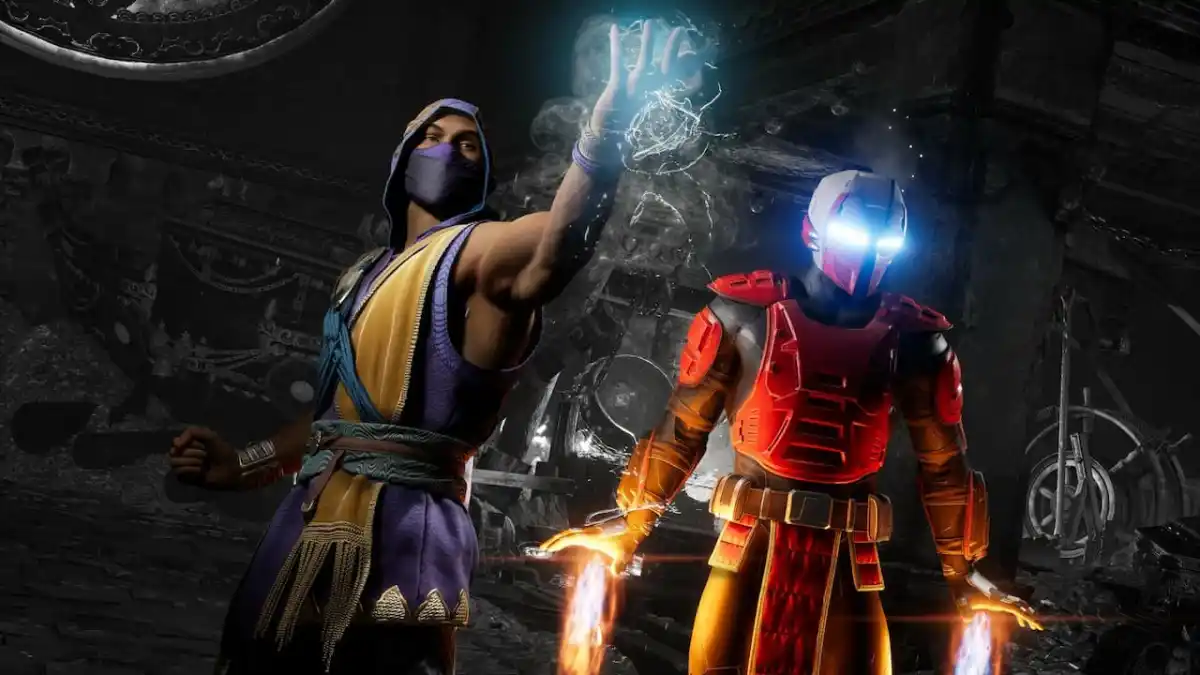
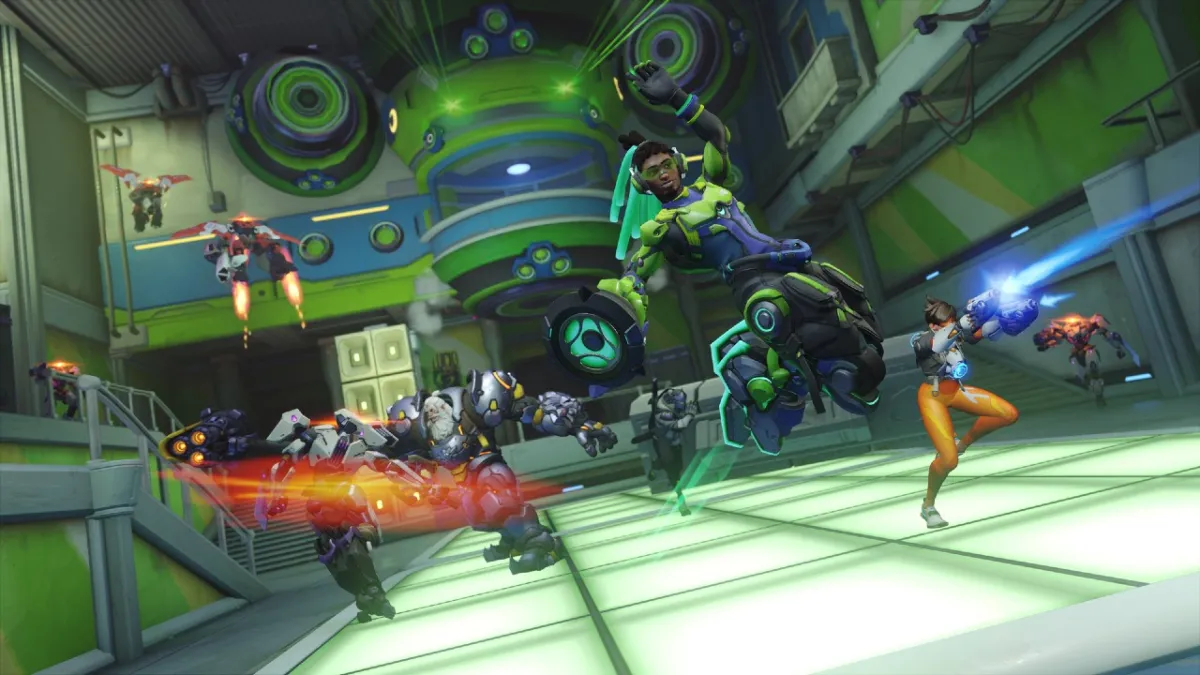

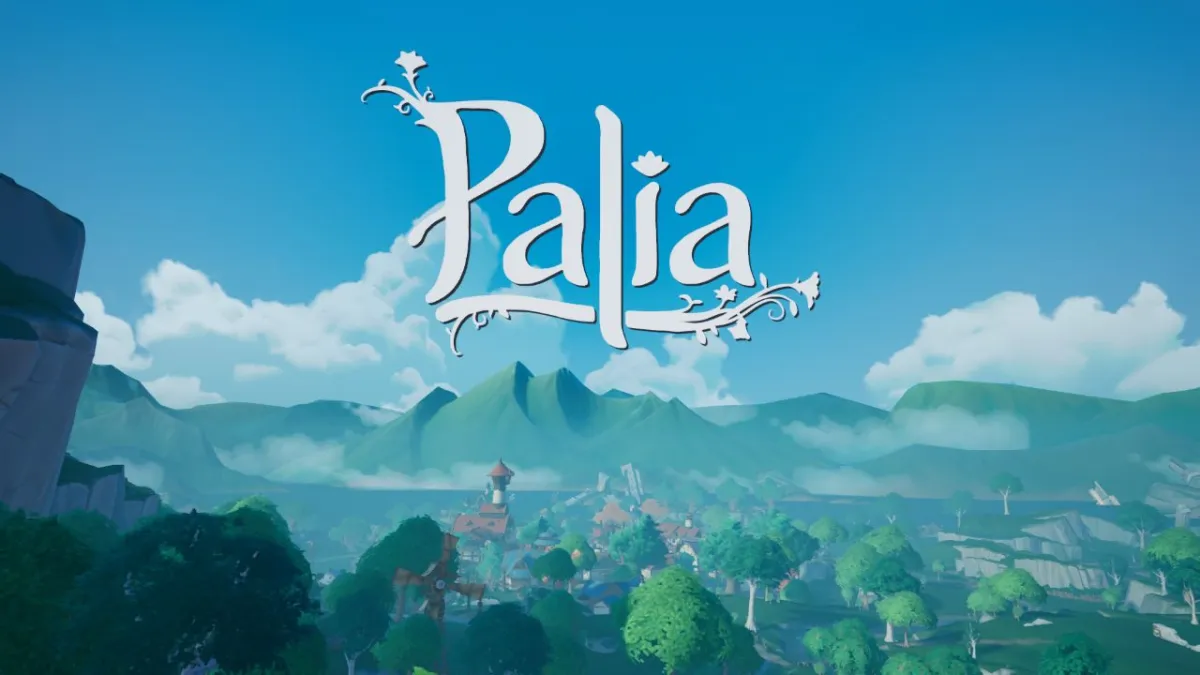
Published: Jan 22, 2018 07:08 am